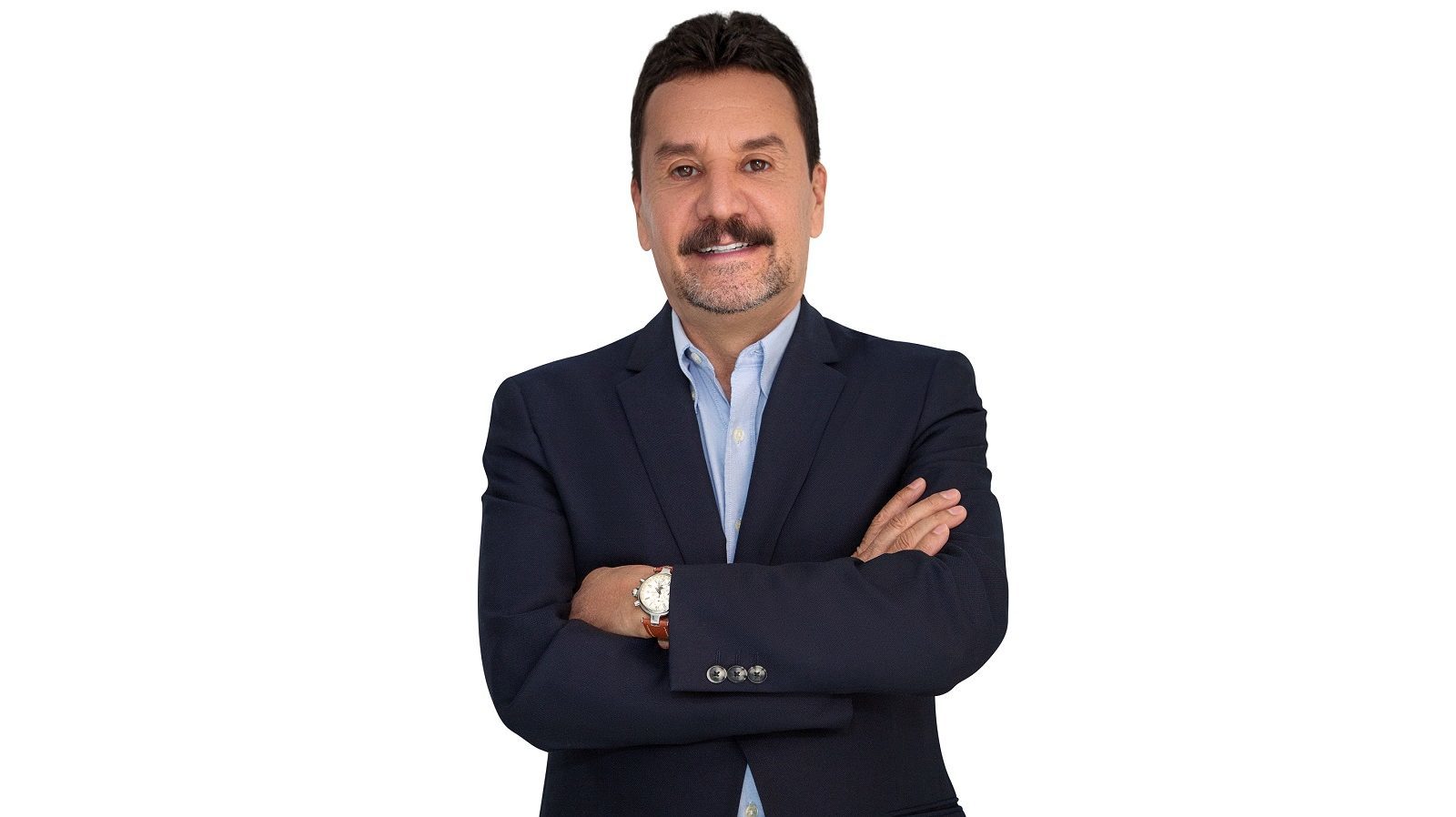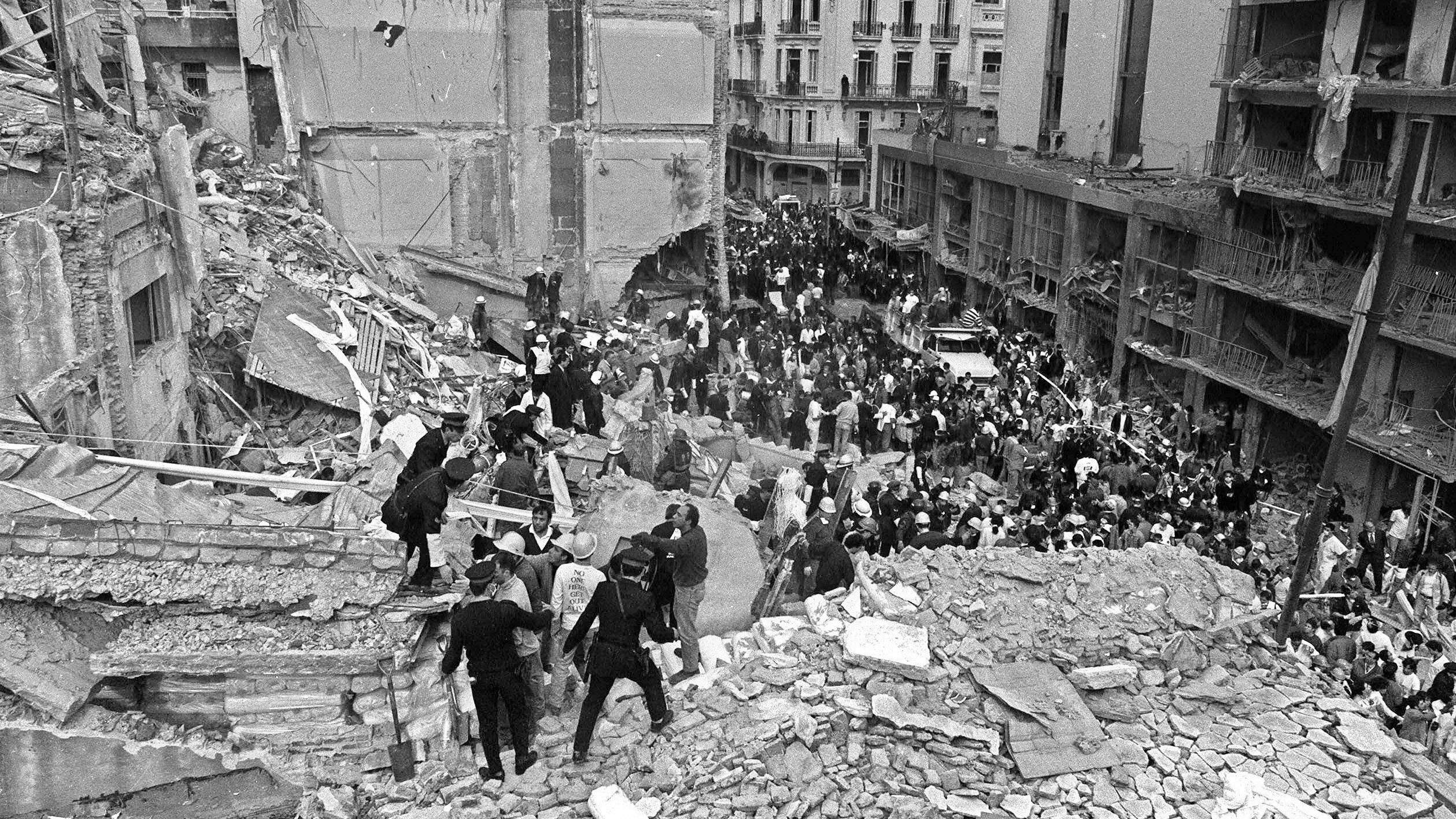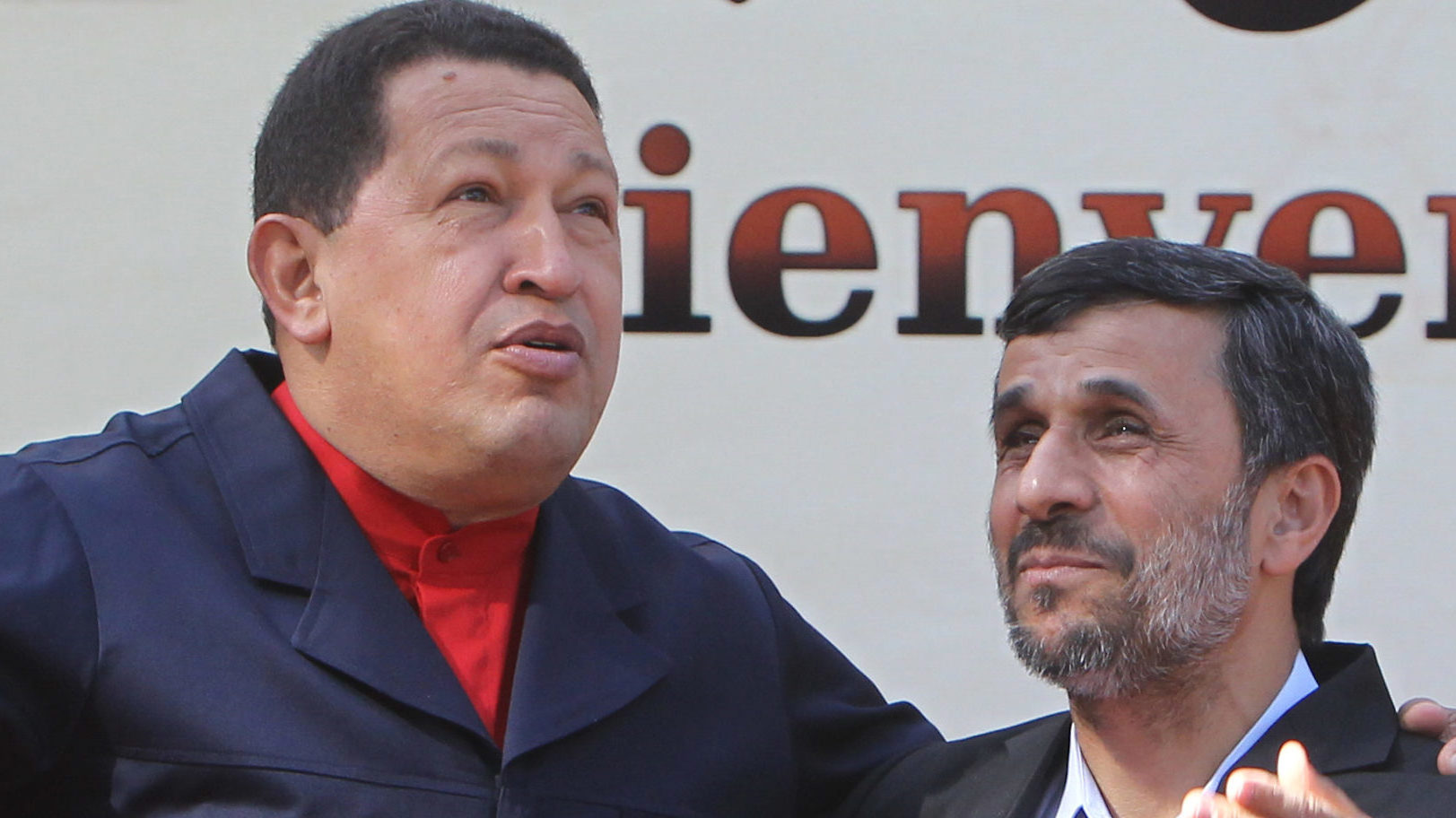Jihadism in Latin America: Illicit Activities in the Region Fund Hizbullah
The presence of jihadist groups in Latin America, which strengthened with the political ‘bromance’ between former Presidents Hugo Chávez of Venezuela and Mahmoud Ahmadinejad of Iran, could grow due to the region’s tilt to the left
To hear an in-depth discussion in Spanish on jihadism in Latin America, listen to The Media Line’s new Spanish-language podcast, Medio Oriente 123, hosted by Debbie Mohnblatt. In the second episode, Mohnblatt is joined by John Marulanda, author of the book Yihad en Latinoamérica (Jihad in Latin America).
Jihadist groups currently have a broad presence in Latin America, where they find benefits that are crucial to their survival and operations, according to John Marulanda, author of the book Yihad en Latinoamérica (Jihad in Latin America).

John Marulanda, author of the book Yihad en Latinoamérica (Jihad in Latin America). (Courtesy)
Marulanda is a defense and security consultant for multinational energy companies that have a presence on the continent. He is a retired colonel who held several senior positions in the Colombian military, including founder and commander of the 25th Aviation Brigade, founder and first director of the School of Civil-Military Relations, and commander of the Revéis Pizarro Mechanized Cavalry Group on the border with Venezuela.
Iran’s presence in Latin America grew with the political alliance – some would say “bromance” – between then-Venezuelan president Hugo Chávez and his contemporaneous Iranian counterpart Mahmoud Ahmadinejad. They both led large oil-producing countries at the time. This political liaison allowed Iran to create a strong presence in Latin America and it was this Iranian prominence that facilitated the spread of Hizbullah cells across the continent.
Marulanda told The Media Line that even though jihad (Arabic for “struggling,” a term often applied in Islamic contexts to the waging of a holy war) is such a foreign concept for Latin America, jihadist organizations are indeed present in the region.
“We believe that there is a brewing presence of Islamic fighters scattered over the Latin American region,” he said.
In the region, says Marulanda, we can see the presence of two jihadist actors, Iran and Hizbullah, with the latter subordinate to the former.
Iran is the main sponsor of jihad all over the world, while Hizbullah is in this case the representative or the one who carries the name of jihad in Latin America, he adds.
Marulanda notes that jihadist groups do not represent an imminent risk for Latin America – at least for now.
“But it is important to point out that jihadists that belonged to Hizbullah were the ones who carried out the terror attack on the Israeli Embassy and later on the AMIA [Jewish center] in 1994 in Buenos Aires, Argentina,” says Marulanda.
“These are the two most severe terrorist attacks in Latin America that emerged from Islamist extremism,” he says.

Rescue workers search for victims after a bomb exploded at the Argentinian Israelite Mutual Association (AMIA) in Buenos Aires on July 18, 1994. Eighty-five people were killed in the attack. (Ali Burafi/AFP/Getty Images)
However, Marulanda notes that as jihad has in the past represented an immediate risk of terrorist attacks in Latin America, today its presence has a different connotation.
He explains that these groups have two main objectives in the region.
The first one, according to Marulanda, is to collect intelligence on soft targets that Israel or the United States have in Latin America, a region where most people follow the Catholic faith.
The second, he says, is to be involved in all illicit activities in the region, such as smuggling, drug trafficking, falsification of documents and money laundering.
These illicit activities, he says, take place in areas such as the tripartite border between Brazil, Argentina and Paraguay, the border between Colombia and Venezuela close to the city of Maicao, or even in the Chetumal region between Mexico and Belize.
“These are suitable regions to be the focus of groups such as Hizbullah and other jihadist organizations, to proliferate or finance themselves,” he explains.
Hizbullah launders money that comes from drug trafficking in these territories through banks banned by the American and other world governments, which nonetheless still operate in Latin America.
Marulanda notes that while Iran permanently finances Hizbullah, the current economic woes of the Islamic Republic have had an impact on that funding.
“It is important to remember that Hizbullah is a legal party in Lebanon, but part of the organization is illegal [in much of the world], and after the Middle East, its second-largest center of operations is in Latin America. The money that it earns from illegal activities [there] finances about 60% or 70%” of its operations, he said.
He says that the US government transfers money in a legal and legitimate manner through the United Nations to Palestinian groups in Latin America, which rely on the help of the international community. But, according to Marulanda, “many times, that money is redirected to Hizbullah.”
Furthermore, Marulanda says, Hizbullah has a strong support system in Latin America that is heavily bolstered by Iranian diplomatic missions in the region.
The jihadist organizations in Latin America are also associated with guerrilla groups such as the Revolutionary Armed Forces of Colombia (FARC). “We have information of how in Venezuela, drug trafficking and terrorist groups such as ELN [the National Liberation Army, a Marxist-Leninist guerrilla group in Colombia] and FARC have maintained permanent contact and joint training with Hizbullah.”
Besides the Iranian diplomatic representation and local terror organizations, Marulanda says that the Venezuelan government also supports Hizbullah. He singles out Venezuelan Petroleum and Industries and National Production Minister Tareck El Aissami, a former vice president of the country. El Aissami is of Lebanese descent and has fully supported Iran and Hizbullah over the years, he says.
According to Marulanda, Hizbullah even has training centers and many other facilities in Venezuela that they do not have in the rest of Latin America.
However, he adds, that the new political tilt to the left in Latin America makes it likely that more countries will strengthen their ties to Iran, something that would create a political climate favorable to the operations of Hizbullah cells in the region.
Marulanda says Hizbullah could target communities and institutions related to Israel, Jews and the United States, which should all be aware of the danger posed to them by the group’s presence in the region.
“If the relationship between the US and Iran deteriorates in the event that negotiations over the [Iran] nuclear deal fail, it could cause an escalation” in terrorist activity, he warns. “These targets could be attacked to weaken the US presence in Latin America.”
According to Marulanda, the US and the Israeli governments are the most concerned about the Hizbullah presence and activities in the region. “They have their own information methods, their own intelligence channels and bring the situation to the attention of the Latin American governments,” he says.
In fact, he says, the Israeli government “has helped us a lot” with tracking everything that may be happening with Hizbullah in real time.
Today, there is not one country in Latin America that does not have a presence of Hizbullah cells of varying sizes, Marulanda says, but clarifies that this is not the only jihadist group in the region.
Other than Hizbullah, Latin America once had the presence of al-Qaida and now groups such as the Muslim Brotherhood and other smaller organizations are attempting to establish themselves in the region as well, he warns.


